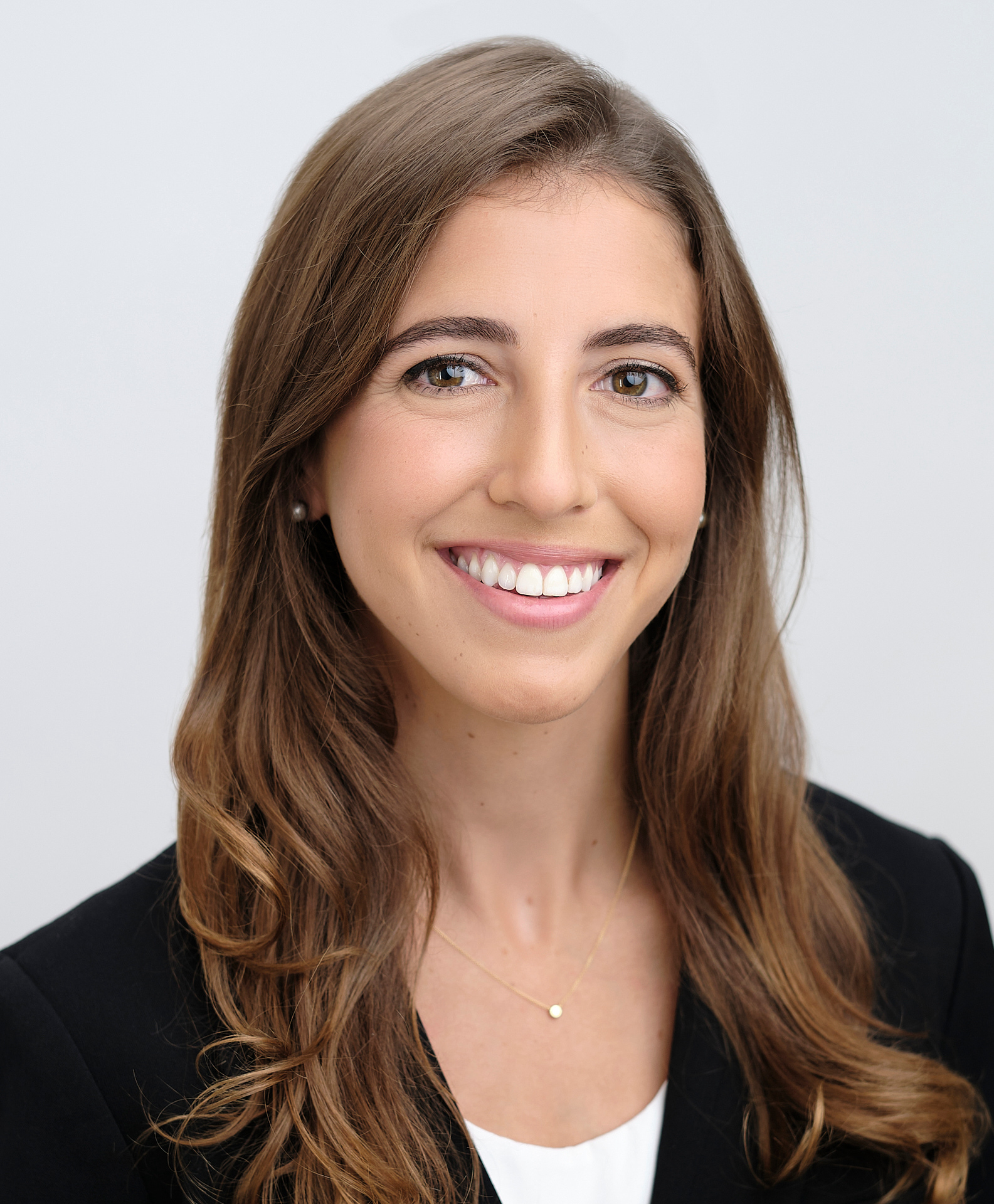1.) Understand the AMCAS timeline
The primary AMCAS usually opens in early May and is submitted the first month of June. For the 2023-2024 cycle, AMCAS will open May 2nd and you will be able to submit starting May 30th. Typically, medical schools will send the secondary application 2-4 weeks after they receive your primary application. So, if you submit your primary application early on, you can expect to receive most of your secondary essays mid-late June and early July.
Once you receive a secondary application, it is best to submit it to the medical school within 2 weeks. This is important because many schools have rolling admissions and because submitting quickly can help convey your interest to the medical school.
As you can see, June and July can end up being very writing-intensive months! For this reason, it is helpful to ensure you have extra time during the summer dedicated specifically to your secondary applications.
2. Pre-write!
Since you will likely receive many secondary applications in close succession, it is helpful to start pre-writing several months before you submit your primary, even as early as March or April. Pre-writing is possible because:
- There are certain prompts that are guaranteed to show up. For example, you can expect to be asked about a challenge that you have experienced and how you overcame that challenge. You will also be asked at least once to describe how you would contribute to the diversity of the medical school (note: this question is broad, and you may discuss any unique aspect of yourself such as a unique research interest or non-traditional major).
- Many schools repeat their secondary application prompts year after year. Lists of these prompts are easily accessible with just a quick Google search.
By starting the writing process early, you can help ensure that you are able to submit high-quality secondary applications in a timely manner.
3. Be strategic
When writing your secondary applications, be strategic in the information that you choose to include. For example, instead of repeating information that you included in your primary application, try to highlight a new experience or a different skill. Additionally, be strategic with your timing. For example, if you find yourself in a time-crunch, you may want to prioritize based on where the school falls in your preference list.
4. Stay organized
Using a spreadsheet can make all the difference and help you stay organized throughout the process! At minimum, list each medical school and have a column with the date that you received each secondary application, the goal submission date (ideally within 2 weeks of receiving the secondary), and the date that you submitted the secondary application. By staying organized, you can ensure that you are on top of your secondary applications!
5. Recognize burnout & take care of yourself
With so many essays to write, the secondary application process can be difficult. For some students, this is the most stressful part of the medical school application process. It is important to recognize signs of burnout such as exhaustion, a lack of motivation, and poor concentration. Burnout is not only bad for your mental and physical health, but may also impact the quality of your secondary applications. Make sure that you take moments in between writing to do things that you enjoy such as working out, calling a friend, or going on a walk. Also, if you find that you have writer’s block, allow yourself to step away from the writing process and take a break! These strategies can help you maintain your physical and mental health throughout the process and submit the best secondary applications possible.

Comments